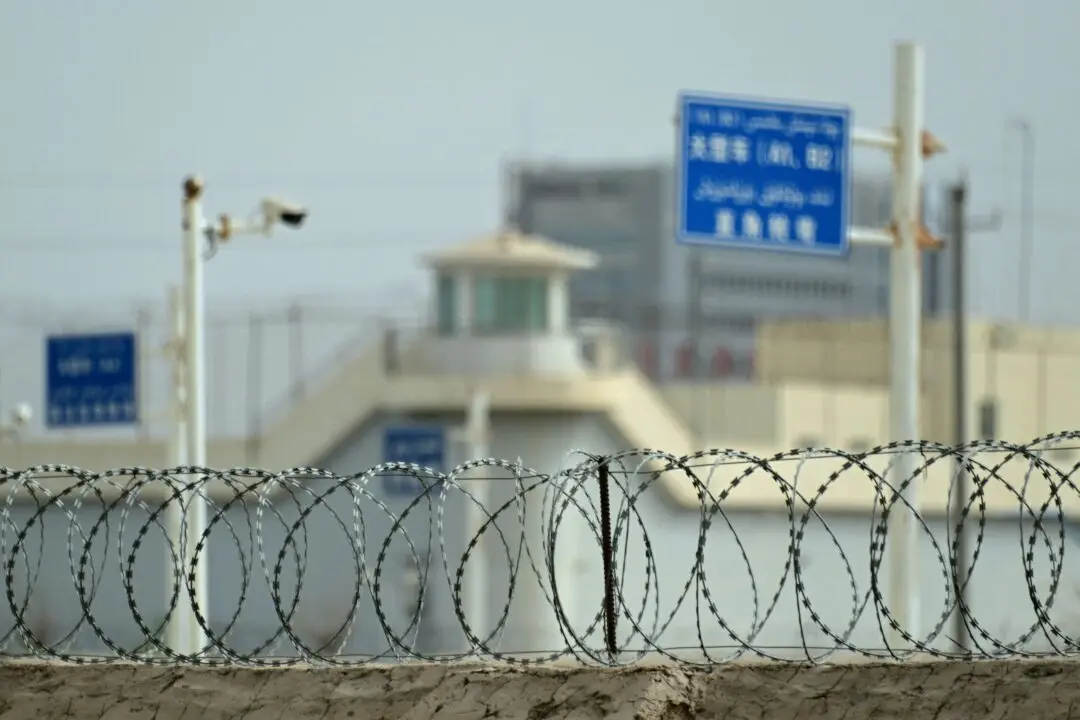Australia should use the Magnitsky Act to sanction foreign officials involved in detaining Australians as political hostages, a global justice campaigner has urged.
“There’s a lot more state hostage-taking [in] countries like Iran and China and others which are using law enforcement to effectively kidnap people and hold them hostage,” William Browder, the founder of the Global Magnitsky Justice Campaign, told a parliamentary inquiry.





